Shiba Park Building returns to the market
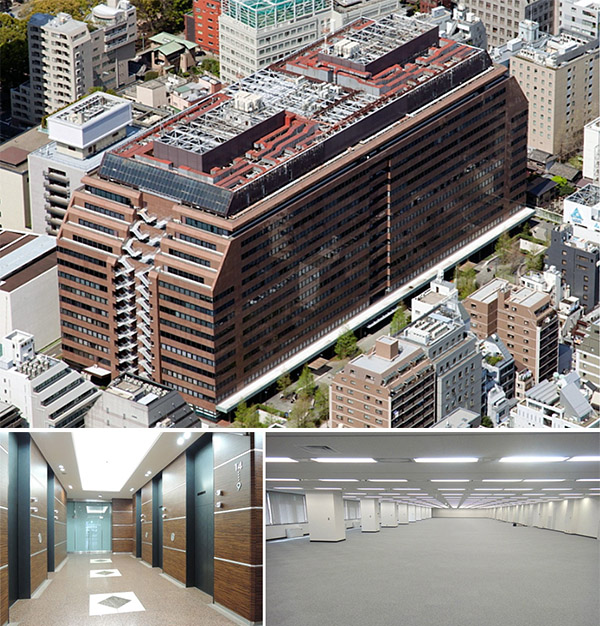
Shiba Park Building, a landmark office building in central Tokyo, is being offered for sale again, with insiders suggesting it could sell for more than 160 billion Yen (1.3 billion USD). *Update: Several months later, the owners decided to take advantage of low borrowing rates to refinance rather than sell the building, with the net rental income providing a more attractive return than disposal of the asset.
The 14-storey building has a total floor area of 103,000 sqm (1.1 million sq.ft), of which 83,000 sqm is leasable space. It was built in 1982 by Shuwa Corporation, a real estate developer that invested heavily in US properties during Japan’s bubble economy in the late 1980s. Shuwa was also the developer of numerous ‘Shuwa Residence’ vintage apartment buildings built across Tokyo and Saitama in the 1960s and 1970s.Read more
Foreign investment in Japan reaches 19-year high but still low by international standards
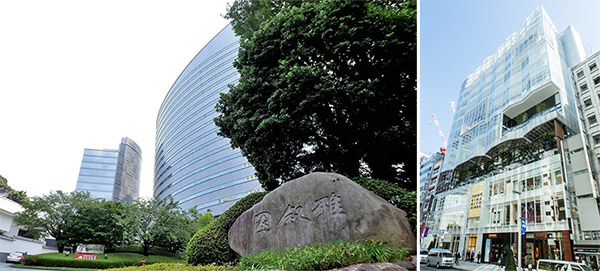
Investment by foreign-based funds and corporations in Japanese real estate has reached the highest level since 1996. Between January and September 2015, foreign funds acquired 706.5 billion Yen (5.91 billion USD) of property, an increase of 41% from the same period in 2014.
Meanwhile, some last minute transactions at the end of 2014 put the annual acquisition volume for 2014 at 981.8 billion Yen.
Some of the funds have been seeking capital gains, while others, including government-related funds, have been seeking high yields with a long-term view for holding their assets. In September, average office rents in central Tokyo increased for the 21st month in a row. The average spread between the office yield in central Tokyo and the long-term interest rate is around 3%, versus 1% in Singapore and Hong Kong.Read more
Japan’s first high-rise condominium to be redeveloped
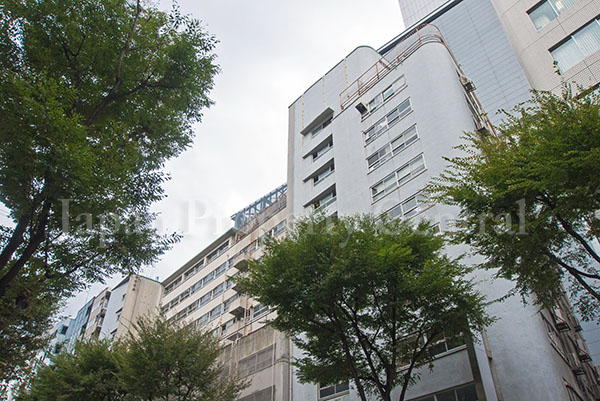
After several years of discussions, redevelopment plans have finally been announced for the 62-year old Miyamasuzaka Building / Miyamasuzaka Apaato in Shibuya. Demolition of the current building is expected to start in February 2016, with the new building to be completed by 2020. The building’s owners association voted in favour of redevelopment in March 2012.
This was Japan’s first high-rise condominium. It was developed by the Tokyo Metropolitan Government Bureau of Construction and completed in 1953. The building has 11 storeys above ground and one basement floor.
The typical apartment size in this building ranged from 39 ~ 43 sqm (420 ~ 463 sq.ft). Although the rooms may be small by today’s standards, the building was considered to be the epitome of luxury living at the time. When new, prices ranged from 600,000 ~ 1,000,000 yen, and almost all of the buyers were high-income earners such as bureaucrats, bankers or university professors.Read more
Bigger buildings in Tokyo as zoning regulations relaxed
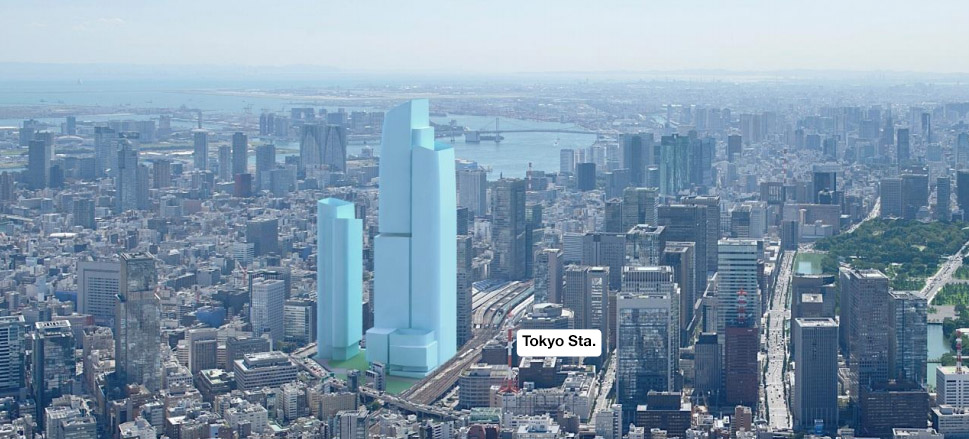
In 2014, the Japanese government introduced a new rule to zoning codes that meant the space taken up by elevator shafts would no longer count towards the total building area, thereby allowing larger residential and commercial buildings. Since then, several projects have been amended to incorporate extra floorspace.
In some cases, the allowance has provided for an extra floor to be added to a building, which results in extra saleable or rentable area for developers.Read more
Retro buildings popular with retail tenants
Although many retailers prefer newer construction, there are some stores in Japan that specifically look for the older, character-filled properties to complement their brand. Sterile retail space is being eschewed for pre-war or 1960s vintage buildings and homes that can be converted and renovated into trendy, one-of-a-kind spaces.

Cafe Conana, Jiyugaoka
In April 2015, Cafe Conana opened a branch in Jiyugaoka, Meguro-ku. The cafe is in an old terrace house that was completely renovated with exposed ceiling beams, and a light and bright interior. Dropped ceilings were removed to expose the skeleton of the house. Rafters were painted white, and natural wood has been used throughout.Read more
Tokyo's office market continues to strengthen
In August, the office vacancy rate in Tokyo’s five central business districts (Chiyoda, Chuo, Minato, Shinjuku and Shibuya) was 4.72%, down 0.17 points from the previous month and down 1.30 points from last year. This is the lowest vacancy rate seen since December 2008. Shibuya had the lowest vacancy of 2.22%, down 0.05 points from July and down 1.79 points from last year.
With vacancy rates below the 5% level said to indicate a healthy balance between demand and supply, rents continue to increase. The average monthly office rent was 17,490 Yen per Tsubo (5,300 Yen/sqm), up 0.01% from the previous month and up 4.5% from last year. This is the 20th month in a row to see a month-on-month increase.Read more
Developer gives up on redevelopment plans near Sendai Station
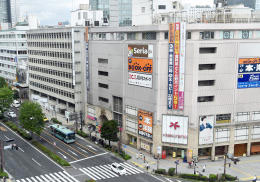 Tokyu Land have abandoned redevelopment plans for the West Exit of Sendai Station due to low profitability forecasts. The land was acquired during the market peak in 2006~2007.
Tokyu Land have abandoned redevelopment plans for the West Exit of Sendai Station due to low profitability forecasts. The land was acquired during the market peak in 2006~2007.
Tokyu sold their 80% share of the land under the Sakurano Department Store to a fund in December 2014. At the end of August 2015, they sold 1,095 sqm of land, which included the land under the Sendai Toyo Building and the site of the former Asahiya Building, to a separate fund for an undisclosed price. Earlier this year Tokyu had considered redeveloping the smaller site, but made a final decision to sell.Read more
